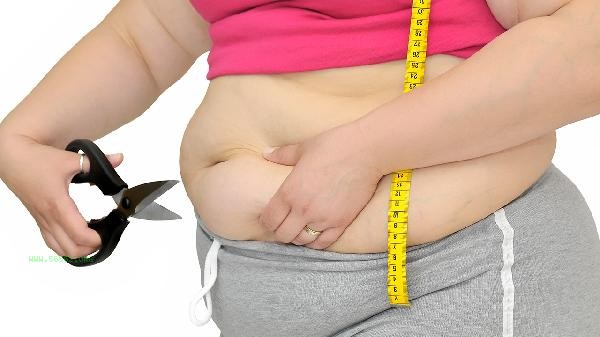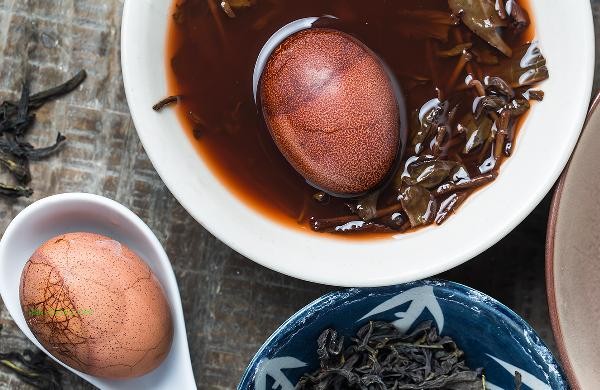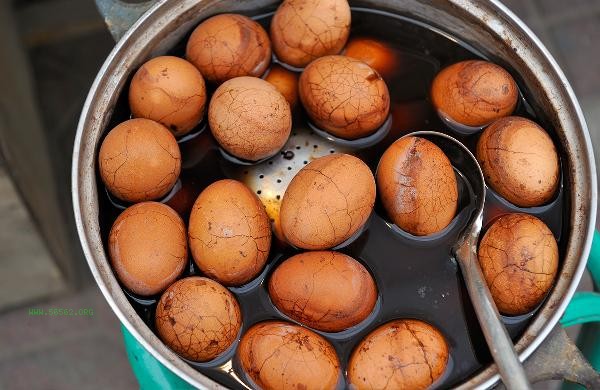You can eat Tea egg in moderation during weight loss. As a food with high protein and low calorie, Tea egg are mainly composed of protein, a small amount of fat and trace elements. Each 100g contains about 140 kcal of calories, which is suitable as a source of protein supplement during weight loss. The key to weight control lies in the balance of total calorie intake and consumption. The consumption of Tea egg should be considered in combination with individual metabolic rate, dietary mix throughout the day and exercise volume. Choosing sugar free braised foods, controlling the recommended daily intake of 1-2, and avoiding consumption with high carbohydrate foods can optimize weight loss results.

1. Heat analysis:
The heat of Tea egg mainly comes from eggs and stewed spices. A single Tea egg contains about 50g of calories, about 70kcal, 6-7g of protein, 5g of fat, and less than 1g of carbohydrates. Compared with fried or scrambled eggs, Tea egg have lower fat content due to the boiling process. During the weight loss period, Tea egg can be included in the daily protein intake plan, but the corresponding share of calories should be deducted to avoid exceeding the total calories throughout the day.
2. Nutritional composition:
Eggs are rich in high-quality protein, lecithin, and B vitamins, and the increased sodium content during the braising process should be taken into account. Although tea polyphenols in tea have antioxidant properties, their retention is limited after prolonged cooking. It is suggested that Tea egg made from low salt brine should be selected, and the consumption of those with hypertension should be strictly controlled. Eating vegetables in combination can increase dietary fiber intake and delay blood sugar fluctuations.
3. Eating time:

Eating Tea egg for breakfast can provide a sense of continuous satiety and reduce the morning snack intake; Eating within 30 minutes after exercise can assist in muscle repair. Avoid consuming at night to prevent sodium retention and swelling. The tannic acid in Tea egg may affect the absorption of iron. Anemia people should take it 2 hours apart from iron supplements.
4. Alternative options:
Sodium sensitive individuals can choose boiled eggs, with 144 calories per 100 grams and no additional sodium added. Soft boiled eggs have a higher vitamin retention rate due to their shorter heating time. If seasoning is needed, black pepper and vanilla powder can be used instead of soy sauce for braising. There may be additives in Tea egg sold in the market, and self-made ones are more conducive to controlling the ingredients.
5. Precautions:
Long term consumption of Tea egg alone may lead to unbalanced nutrition. It is recommended to take chicken breast, tofu and other protein sources alternately. Tea egg that have been stewed for more than 24 hours are prone to bacteria, so they should be ready to eat. Thyroid disease patients should consult about the possible impact of iodine and tea polyphenols in eggs on hormone metabolism. During weight loss, dietary management should focus on nutrient density and sustainability. In addition to controlling the intake of Tea egg, it is recommended to keep 300-500g of vegetables daily, and green leafy vegetables and cruciferous vegetables are preferred. Paired with 150 minutes of moderate intensity exercise such as brisk walking and swimming per week, it can increase basal metabolic rate by 5-10%. Recommended cooking methods include steaming, boiling, and mixing with low oil to avoid braising and frying. Keeping a diet diary can help identify hidden sources of calories, and it is recommended to monitor weight once a week. Lack of sleep can increase hunger hormone levels, and ensuring 7 hours of high-quality sleep is crucial for weight control. During the plateau period, the protein to carbohydrate ratio can be adjusted, and if necessary, a nutritionist can be sought to develop a personalized plan.





Comments (0)
Leave a Comment
No comments yet
Be the first to share your thoughts!